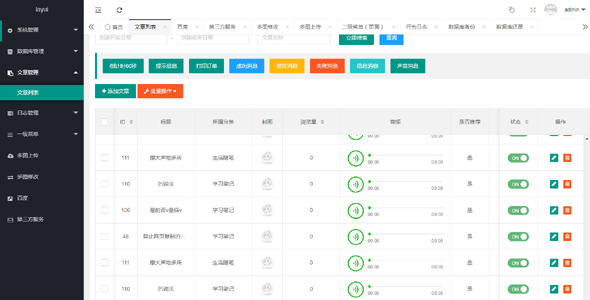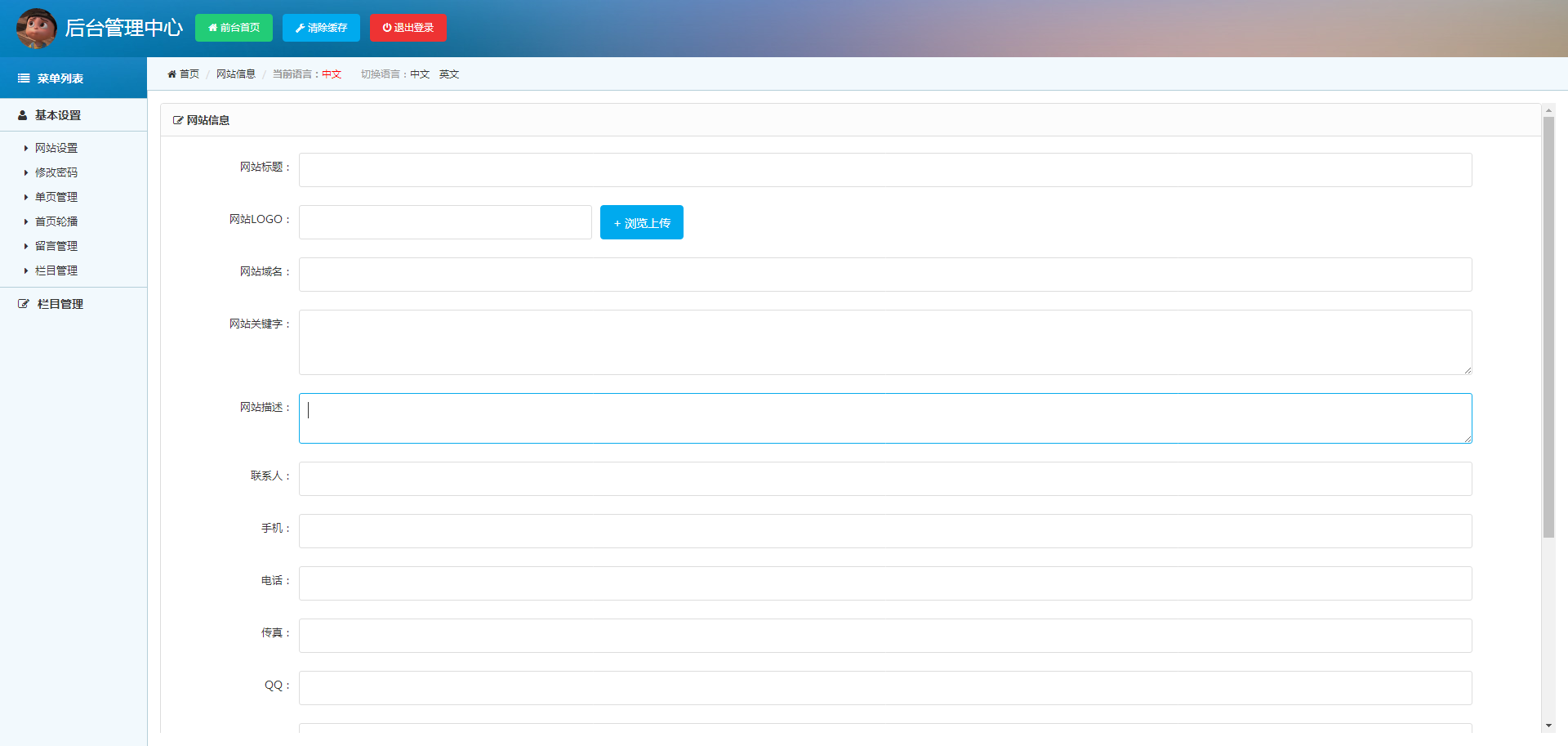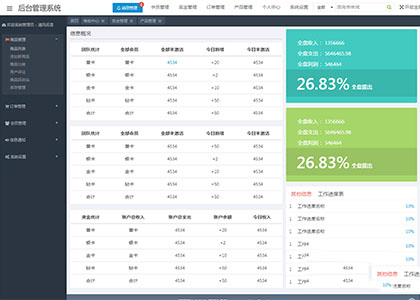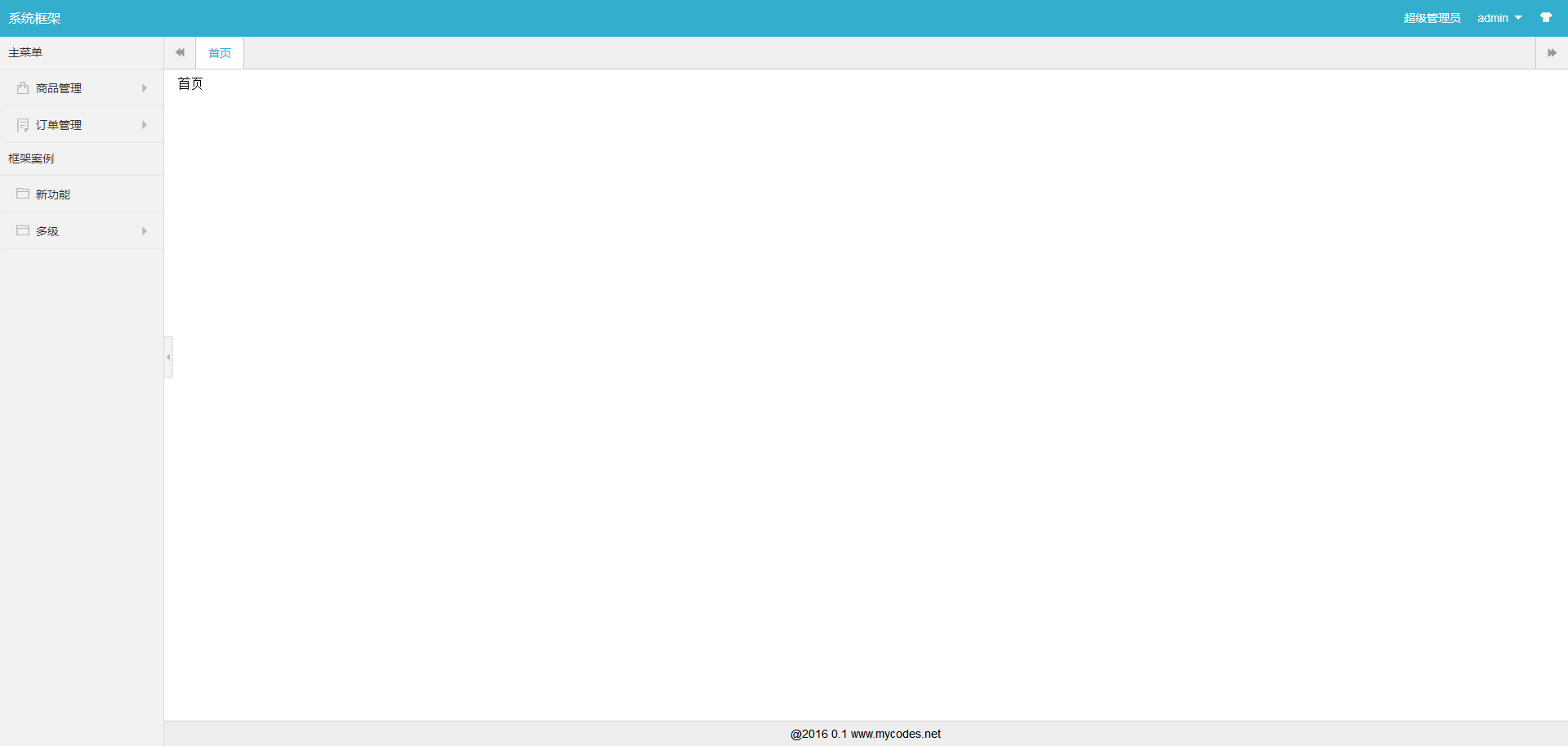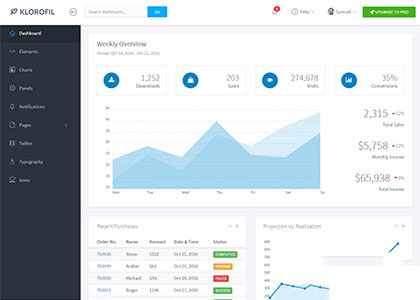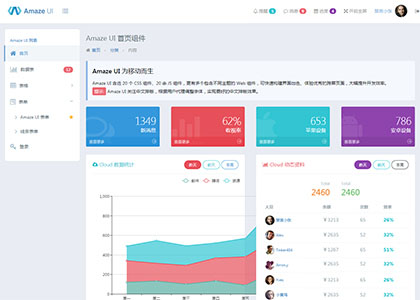ThinkPHP5+layui framework background management system
All resources on this site are contributed by netizens or reprinted by major download sites. Please check the integrity of the software yourself! All resources on this site are for learning reference only. Please do not use them for commercial purposes. Otherwise, you will be responsible for all consequences! If there is any infringement, please contact us to delete it. Contact information: admin@php.cn
Related Article
 Looking for a simple and elegant backend template_html/css_WEB-ITnose
Looking for a simple and elegant backend template_html/css_WEB-ITnose24Jun2016
Looking for a simple and elegant backend template
 How to Completely Hide Frontend and Backend Paths in Yii2 Advanced Applications?
How to Completely Hide Frontend and Backend Paths in Yii2 Advanced Applications?03Nov2024
Completely Hiding Yii2 Frontend and Backend PathsUnderstanding the ProblemYii2's Advanced Application Template creates frontend and backend...
 How to Hide the Frontend and Backend Directories from URLs in a Yii2 Website?
How to Hide the Frontend and Backend Directories from URLs in a Yii2 Website?30Oct2024
Hiding frontend/web and backend/web Directories on Yii2 Websites with .htaccessProblem:In the Yii2 Advanced template, the frontend and backend...
 14 sets of web backend html css template downloads - you can make beautiful backend notes without cutting the picture_html/css_WEB-ITnose
14 sets of web backend html css template downloads - you can make beautiful backend notes without cutting the picture_html/css_WEB-ITnose24Jun2016
14 sets of web page backend html css template downloads - you can make beautiful backend note collections without cutting images
 Use the AdminLTE template in PHP's Laravel framework to write the website backend interface, laraveladminlte_PHP tutorial
Use the AdminLTE template in PHP's Laravel framework to write the website backend interface, laraveladminlte_PHP tutorial12Jul2016
The AdminLTE template is used in PHP's Laravel framework to write the website backend interface, laraveladminlte. The AdminLTE template is used in PHP's Laravel framework to write the website backend interface. laraveladminlte AdminLTE is a free advanced management control panel theme based on Bootstrap 3.x, fully responsive
 javascript - Comparison of angular and php template engines
javascript - Comparison of angular and php template engines06Jul2016
A PC-side web site uses Java as the backend. Should the front-end use PHP to call the API and then output it from the template engine, or should it be dynamically called by a front-end framework like AngularJS?
 What are Template Template Parameters and Why Are Template Template Templates Not Possible in C ?
What are Template Template Parameters and Why Are Template Template Templates Not Possible in C ?02Nov2024
Template Template Parameters: Unveiling the MysteriesIn the realm of template programming, the concept of template template parameters can seem...
 wexCommerce - Minimalistic and powerful Open Source eCommerce Platform
wexCommerce - Minimalistic and powerful Open Source eCommerce Platform28Oct2024
As a dev, I don't want to be confined by a Shopify template, but also don't want to use their storefront API with a custom app. I want to have in hand a fully customizable solution that I can adjust the way I want. From ui/ux, backend and devops. So,


Hot Tools




